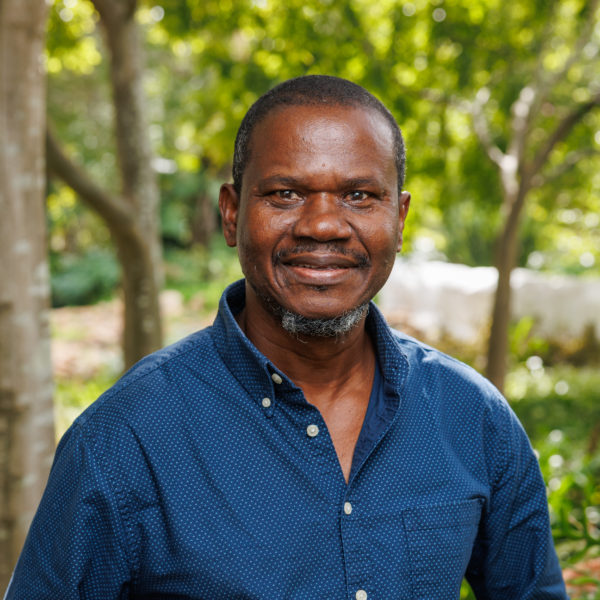“Make cities and human settlements inclusive, safe, resilient and sustainable” is the 11th goal of the draft Sustainable Development Goals. Urbanization is now recognized as a dominant feature of global development with wide and growing inequalities within cities as a major threat to improving well-being globally. Urban inequalities are ubiquitous, with slums and exclusive high-income neighbourhoods often existing side-by-side in most cities. The work of the African Population and Health Research Centre (APHRC) shows that many development indicators are worse among slum dwellers compared to other sub-groups, including rural residents. Not only are children in slum areas sicker, they have less access to care and consequently have more premature mortality than their counterparts in rural areas. Several efforts by governments to respond to the needs of the poor often systematically exclude the urban poor. This project will explore these interesting linkages between urbanization and socio-economic development globally and in sub-Saharan Africa; highlighting the challenges of rapid and unplanned urbanization in Africa, the implications of such challenges to Africa’s development, and strategies African countries can adopt to address the multiple vulnerabilities and marginalization the urban poor face across the region.

